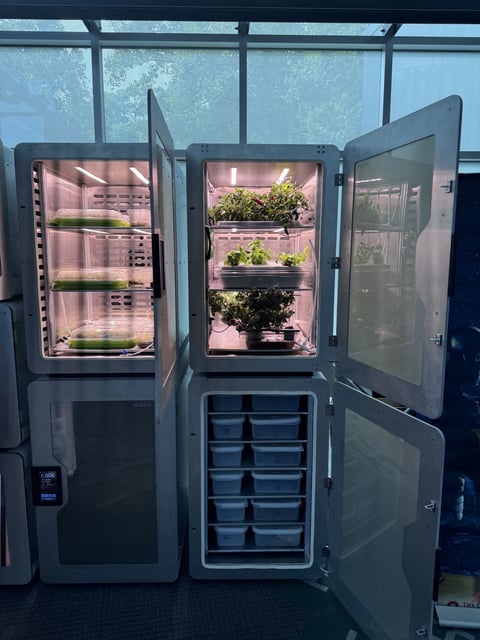Overview
- Electro-agriculture replaces photosynthesis with a solar-powered chemical reaction to convert CO2 into acetate, a nutrient for genetically engineered plants.
- This method could reduce the land required for agriculture by 94% if implemented across the United States, freeing vast areas for ecosystem restoration.
- The process allows for food production in controlled indoor environments, making it viable for urban centers, arid regions, and even space exploration.
- The technique uses a tandem electrolysis process to efficiently produce acetate, achieving nearly 90% selectivity, significantly higher than direct CO2 conversion.
- While still in the research phase for plants, the method is already applicable to mushrooms, yeast, and algae, with potential niche uses anticipated within a decade.
